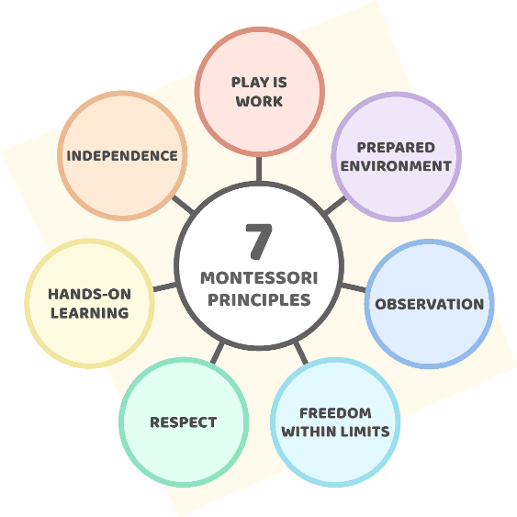Principles of Montessori Minds Childcare and Kindergarten
The principles that guide us are:
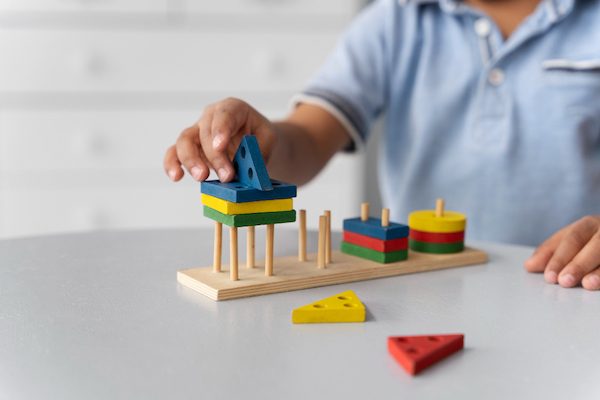
1. Follow the child
The first principle is to “follow the child” and allow them to take the lead in their learning. A child is drawn to certain activities and instinctively knows what he needs.
It is a part of self contruction where child has the freedom to follow his preferences to satisfy his needs.
2. Hands-on learning
Hands-on learning is emphasized, encouraging children to explore and engage with their environment. Montessori materials are designed to be self-correcting, allowing children to learn through trial and error.
This approach encourages children to explore and experiment, helping them to develop problem-solving skills, critical thinking skills, and a love of learning.
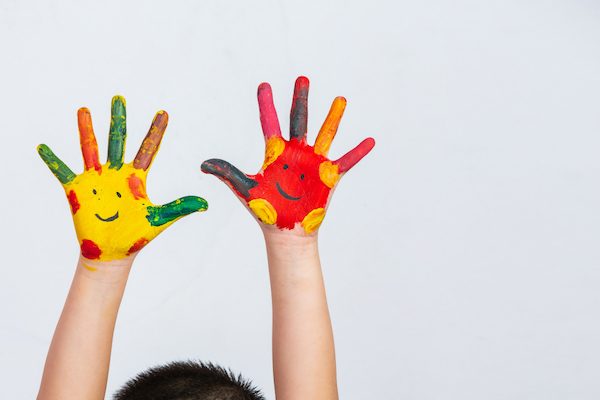
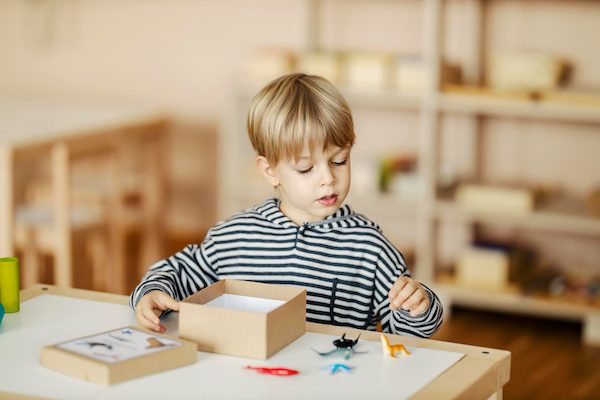
3. Prepared Environment
Prepared environment refers to the structured meaningful learning space where learning material has a specific purpose and the environment has a distinct sense of order and harmony.
The teacher creates a prepared environment to ensure that learning is active, self paced, self correcting and tailored to the needs and interests of every child.
4. Play is work
Dr Montessori says that Play is the work of the child. Her vision was to combine play with learning and satisfy a child’s curiosity while still letting them have fun.
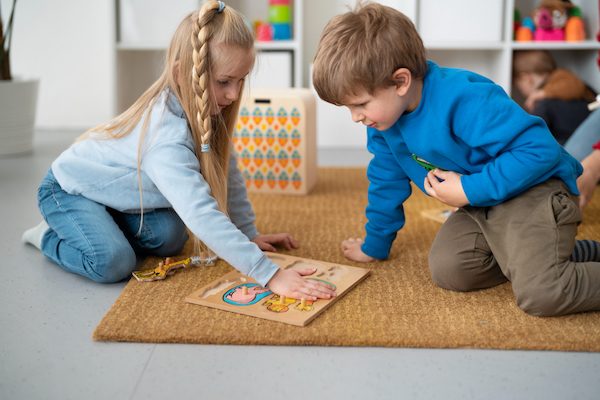

5. Independence
Children are encouraged to be independent and take responsibility for their own learning and actions. This is achieved by allowing children to make choices, encouraging them to be responsible for their own learning, and supporting their natural desire for self-discovery.
Through this process, children develop a sense of self-confidence and self-worth that will stay with them throughout their lives.
6. Respect
The teacher respects the child’s needs to do things by himself and be around if he needs support. The teacher is foremost an observer, unobstrusively yet carefully monitoring each child’s development, recognising child’s needs but respecting his need to do things by himself.

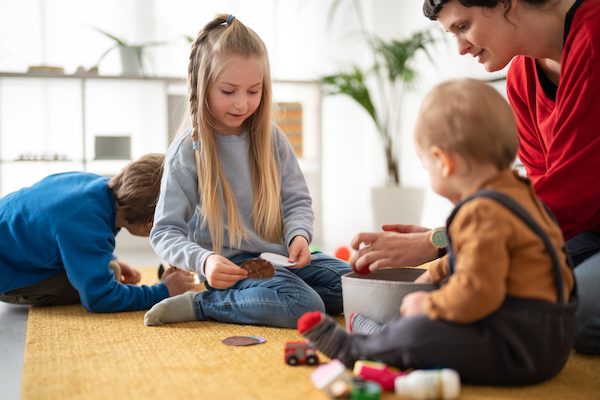
7. Observation
The teacher observes the child and follows the child to demonstrate their learning through their actions and work. Children also observe other children to understand and learn simply by being a part of the moment, reflecting and problem solving.
